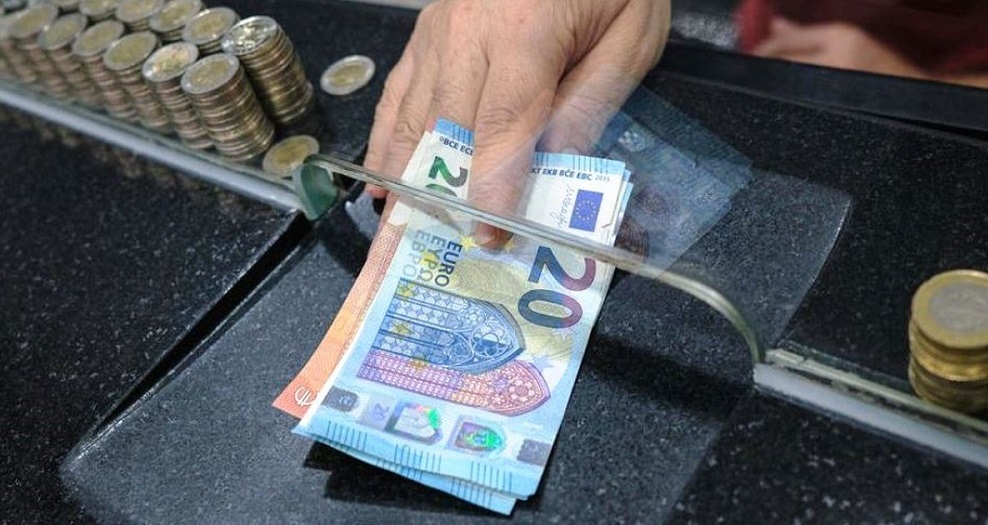Albanian Democrats pledge to establish exchange rate board for Euro stabilization

The Democratic Party has promised to create a board to stabilize the euro-to-lek exchange rate immediately after coming to power. According to party leader Sali Berisha, this measure aims to rescue exports from what he described as an “agonizing” situation, citing a trade deficit that has deepened to 430 billion ALL.
Why is this important: Over the past three years, the euro has reached historically low levels against the Albanian lek. Experts attribute this to factors such as increased tourism, which has brought significant euro inflows into the local financial market, and higher remittances from Albanian emigrants in Europe. While this has benefited certain sectors, exporters have suffered the most. Many of their contracts with European partners are long-term, typically spanning 3-5 years, and the euro’s depreciation directly reduces their profits, as goods sourced domestically are paid for in lek.
Context: The Bank of Albania has recently called for all domestic transactions to be conducted in the national currency, considering it the only solution for stabilizing the currency market. According to the Bank, exchange rate fluctuations are driven by the influx of foreign currency and the widespread use of the euro for payments within the country, ranging from small retail purchases to large real estate transactions. This unchecked euro usage has destabilized the currency market.
The Bank of Albania has urged tourism operators to stop advertising offers in euros and to promote the use of the lek instead. Despite these efforts, exchange rate fluctuations are expected to persist through 2025. The only temporary measure for stability, as suggested by the Bank, involves buying euros to balance the market.
Euro exchange rates concluded 2024 at a historic low of 98 ALL, down from 104 ALL at the end of 2023. This depreciation has significantly impacted exporters, particularly in the textile industry, who have faced considerable financial losses.


